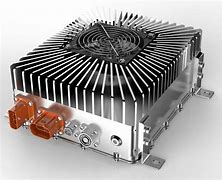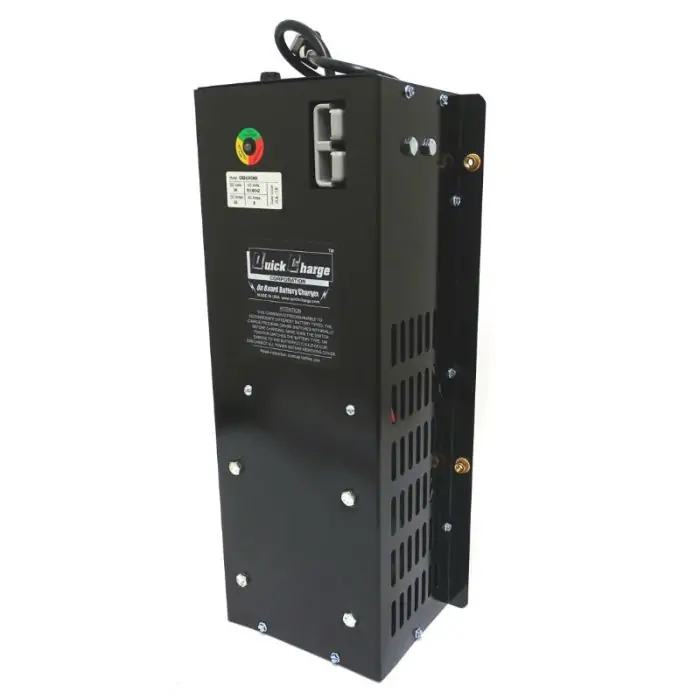In the ever-evolving landscape of automotive technology, the shift towards electric vehicles (EVs) has been one of the most transformative. With sustainability at the forefront, manufacturers are continually innovating to enhance the efficiency and performance of EVs. Among the crucial components driving this evolution is the on board charger (OBC), a vital element responsible for converting power from the electrical grid into a usable form for the vehicle's battery. Let's delve into the workings of an EV on-board charger and how it contributes to the seamless operation of electric vehicles.
Understanding the On-Board Charger:
The on board charger serves as the intermediary between the electrical grid and the EV's battery pack. Its primary function is to convert alternating current (AC) from the charging station into direct current (DC) required to charge the vehicle's battery. This conversion process involves several stages, each crucial for ensuring optimal efficiency and performance.
Rectification:
Upon receiving AC power from the charging station, the OBC first undergoes rectification. This process involves converting AC to DC, typically achieved through a series of diodes arranged in a configuration known as a rectifier bridge. By allowing current to flow in one direction only, the rectifier ensures that the energy supplied to the battery remains in a consistent DC form.

Conversion and Regulation:
Following rectification, the DC voltage may require further adjustment to match the specific voltage requirements of the EV's battery pack. This step is accomplished through DC-DC conversion and regulation circuitry within the OBC. Sophisticated control algorithms monitor and adjust the voltage levels to optimize charging efficiency while safeguarding the battery against overcharging or undercharging.
Power Factor Correction (PFC):
Efficient power conversion is not only about voltage regulation but also about maximizing the utilization of available electrical power. Power Factor Correction (PFC) is a crucial feature integrated into modern on-board chargers to achieve this objective. PFC circuits adjust the input current waveform to align more closely with the voltage waveform, minimizing power losses and improving overall efficiency.
Charging Protocols and Communication:
In addition to power conversion, the on-board charger facilitates communication between the EV and the charging station, enabling the implementation of various charging protocols. These protocols dictate parameters such as charging current, voltage, and charging duration, ensuring compatibility and safe operation across different charging infrastructures.

Efficiency and Thermal Management:
Efficiency is paramount in on-board charger design, as any energy losses during the conversion process translate into reduced range and increased charging times for the EV. To address this, OBCs are equipped with advanced thermal management systems to dissipate excess heat generated during operation. This ensures optimal performance and prolongs the lifespan of the charging system.
Future Innovations and Sustainability:
As electric vehicle technology continues to evolve, so too will the capabilities of on-board chargers. Innovations such as bidirectional charging, vehicle-to-grid (V2G) integration, and faster charging protocols are shaping the future of electric mobility. Moreover, advancements in materials science and power electronics hold the promise of even greater efficiency and sustainability in EV charging systems.
The on-board charger plays a pivotal role in the electrification of transportation, converting power from the grid into a usable form for electric vehicles. Through rectification, conversion, regulation, and advanced control algorithms, the OBC ensures efficient and safe charging while maximizing the utilization of electrical energy. As technology continues to evolve, on-board chargers will undoubtedly remain at the forefront of innovation, driving the transition towards a sustainable and electrified future.
Next:Demystifying On-Board Charger how do they work
Previous:Understanding Onboard Chargers in Electric Vehicles
Contact Person: Miss. Kiki
| WhatsApp : | +8617763224709 |
|---|---|
| Skype : | +8617763224709 |
| WeChat : | +8617763224709 |
| Email : | kiki@lifepo4-battery.com |